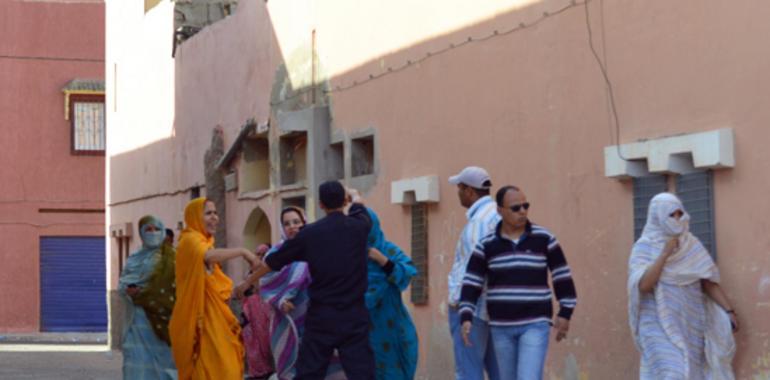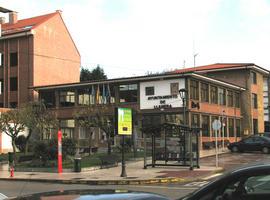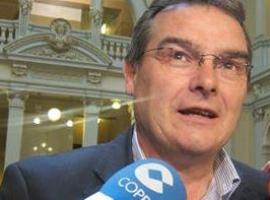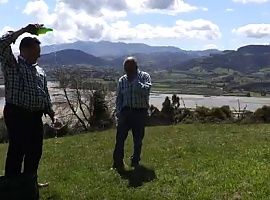Washington, DC.- Kerry Kennedy, President of the Robert F. Kennedy Center for Justice and Human Rights (RFK Center), and Santiago A. Canton, Director of RFK Partners for Human Rights, applaud the Italian Senate's approved motion urging the Italian government to support a human rights monitoring component in the renewal of the United Nations Security Council's peacekeeping mission in Western Sahara. The mission, known as MINURSO, is up for renewal at the UN Security Council on April 30.
"I have personally met hundreds of men, women, and children in Western Sahara who experienced torture, arbitrary detainment, disappearances, and other human rights violations," said Ms. Kennedy. "This abuse has dragged on unabated for nearly forty years and I commend the Italian Senate for demanding that Italy voice its support for Sahrawi human rights."
The Italian Senate cited the RFK Center and fellow human rights organization for reporting on ongoing violations of international law in the region, and urged that human rights observers, members of the media, and humanitarian organizations should be able to freely obtain access to Western Sahara. The motion also calls for Moroccan authorities to guarantee fair trials to all Sahrawi prisoners with respect to their fundamental rights, such as freedom of expression, of association, and of peaceful assembly, as well liberty of movement as per Article 12 of the International Covenant of Civil and Political Rights in the United Nations.
"The Italian Senate has taken a momentous and admirable step to ensure that violations against the Sahrawi people do not continue to go unreported and unseen, behind a veil of legitimacy," said Mr. Canton. "The member nations of the UN Security Council should follow suit in offering the simple solution of a human rights mechanism in the region, a component that has been part of every UN mission enacted since 1991."
The motion expressed particular concern over the harsh military court sentences handed down on February 17, 2013, against 25 Sahrawi civilians without due process. The RFK Center recently called for a full investigation into the alleged torture of these prisoners and questioned Morocco's use of military courts in trying civilians. The accused - nine of whom received life sentences - told their families they were forced to endorse police statement while under duress and endured torture and other forms of ill-treatment. The RFK Center witnessed and reported on widespread violations of international laws governing freedom of expression and peaceful assembly during its delegation to Western Sahara in August 2012.




















